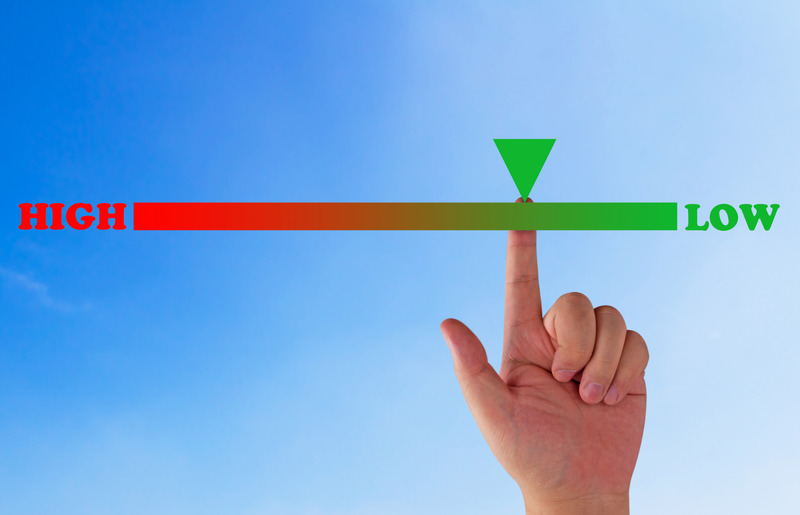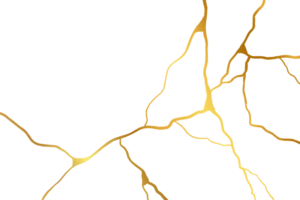

The assessment of corporate social responsibility is at the heart of all important decisions, from the definition of the business model and strategy to funding requests. It also influences the company’s ability to attract and retain new talents.
It requires the company to measure the impacts of its activities all along its value chain and to report on them responsibly in a sustainable development objective.
Thus, the identification of the nature and severity of the risks related to the deployment of activities must be done in relation to the planetary limits, human rights and the expectations of stakeholders, according to a double approach: assessment of the impact of the company’s activities on its environment (materiality of impact) and the financial impact of exogenous factors on the development of the company (financial materiality).
This transformation starts with awareness-raising actions allowing discussions. It then involves the implementation of a systemic, prospective, collaborative, structured and transparent approach in order to emerge with innovative solutions, in the interest of the company and respectful of the expectations of stakeholders.

The path to sustainability follows a process of continuous improvement. As in everyday life, the difficulties encountered help to progress because they offer the opportunity to challenge outdated beliefs or processes, to acquire new knowledge and to adapt to change. By tightening up to force companies to find a better balance between profitability and social utility, regulations require them to give up the ease or blindness, placing new responsibilities on them for their entire value chain. Koësis’ vision, inspired by the Japanese art of Kintsugi, invites us to reconsider – and even celebrate – the broken and repaired, that is, to rely on the weaknesses of a system or on mistakes made in the past to build a stronger future.

“As Legal Director at a CAC40 company for over 25 years, I have faced many challenges and crisis situations. These experiences have considerably enriched my role as «guardian of the temple» by placing me at the heart of crisis cells and at the crossroads between contradictory opinions and power relations. Whether it’s claims about a drug suspected of causing serious side effects, accusations of anti-competitive behaviour or confrontations with disparaging practices, I have seen how emergency situations reinforce cohesion within the teams involved. How to put this energy into action to tackle the collective challenges of exceeding 6 of the 9 planetary limits, human rights violations and the risks of corruption that any company may face? By deciding to leave my comfort zone by embarking on an entrepreneurial adventure to train and advise companies on their social responsibility, I participate in the mobilization for sustainable development”.

Let us know your expectations so that we can develop a tailored proposal.

Our interventions are adapted to your structure and your sector
Whether your company is independent or a subsidiary of a parent company located abroad, CSR regulations impact your business. These regulations are numerous and evolve regularly to adapt to new societal and environmental requirements. Our intervention proposal is adapted to your sector and the size of your company, whether it is directly subject to the duty of care and/ or the CSRD, or located in the value chain of a regulated company.
